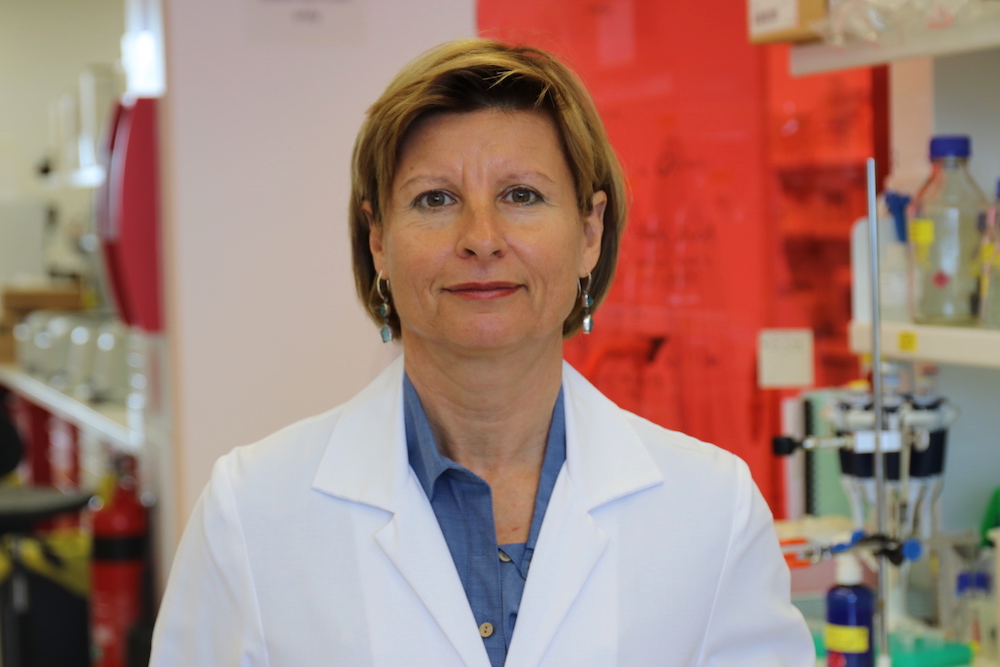
Perth researcher wins $1.4m grant to wake up an immune system corrupted by cancer
FAST FACTS:
- Breast cancer is the second most common cancer in women globally
- 14 million women have breast cancer
- Half a million deaths are recorded annually
- Nearly half of all deaths are caused by triple negative breast cancer
Head of the Cancer Epigenetics Laboratory at the Harry Perkins Institute of Medical Research, Associate Professor Pilar Blancafort, has been awarded a sought after NHMRC Ideas Grant to develop a new approach to treat several types of unresponsive breast cancers.
Ideas Grants support innovative Australian research projects. The grant will allow Assoc Prof Blancafort to research ways to alter the behaviour of some tumours by turning off their capacity to suppress the body’s immune cells.
“Quite a lot of research has previously focused on boosting the immune system, and there are a number of drugs that do this well for some cancers like many melanomas, but less than 20% of metastatic breast cancers respond to these treatments.
“I was interested in looking at the problem from a different perspective. Rather than focusing on boosting the immune system I wanted to look at overcoming the capacity of some tumours to make the immune cells ineffective.
“The immune system, which is programmed to eradicate cancer, is corrupted by some tumours.
“What I am proposing is to look at how the tumour is interfering with the immune cells, how it is stopping them from working.
“The tumour is affecting the microenvironment so we need to suppress this and normalise the tumour so the immune system can do what it is meant to do and kill the cancer cells.
“If it is turning off the effective genes in the immune cells, let’s make it turn them on again.
“Using the latest technologies we aim to turn on and turn off very specific immune cell genes to counter what the tumour is doing, and because the genome has memory the tumour won’t be able to simply switch them back.
Professor Blancafort says the majority of deaths caused by breast cancer are associated with cancer spread.
In these patients the immune system fails to recognise and/or kill tumour cells.
While many breast cancers prompt a poor immune response, others show some immune targeting but they don’t respond to current immune treatments.
This project will develop novel, targeted strategies to awaken immune-responsivity in aggressive breast cancer, helping the immune system to attack the tumour and helping the cancer better respond to immune treatments.
